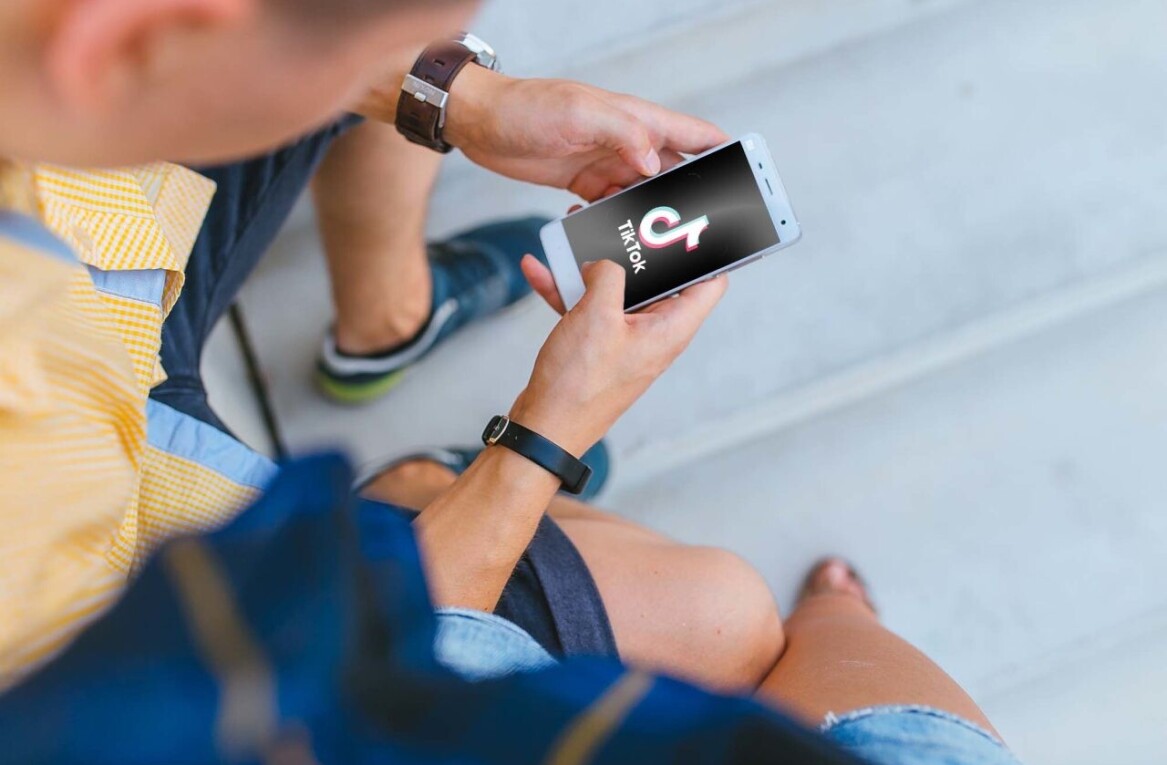
InviteStar is a relatively new service which makes the very big claim that its “fixing the beta invite system.” Coming into a space which is largely dominated by just one service, which is doing the job very well, InviteStar appears to have its work cut out.
I rarely visit a site in private beta that isn’t using LaunchRock’s visually appealing, catchy and easy-to-use splash page. InviteStar isn’t LaunchRock’s only current competition, KickOffLabs caters for the same market and is making good progress.
So how does InviteStar aim to fix the purportedly broken beta invite system?
The service’s very own site serves as an example of how InviteStar works. To gain beta access you have to follow InviteStar’s twitter account and send a tweet to all of your followers.
While LaunchRock gives users the choice of whether or not to tweet about the service, with the promise of earlier access if you do, InviteStar forces users to do so in order to gain any access at all.
Explaining the thinking behind the process in a blog post, InviteStar’s founders say:
We want those who are signing up for an early invite to InviteStar to really want to use it even if it is still an early version. By requiring people to sign up by tweeting to you it shows they must be at least mildly serious about getting in and using InviteStar. When they tweet to us they are posting to all their followers that they are at least mildly interested in InviteStar. I know that I myself do not tweet about other products unless I truly like the product because I do not want to spam my followers.
The blog post includes other reasons to use InviteStars’ method, including the innately viral nature of requesting an invite in a tweet:
To sign up they have to tweet to all their followers thereby possibly initiating the viral loop.
But there’s one problem with the formula proposed. By making users tweet about requesting a beta invite, the tweet becomes a form of endorsement whether we like it or not. By sending out a tweet, we’re all being forced to make the statement that we are at the very minimum, mildly curious about a new service.
But, personally speaking, just because I am mildly curious about a new service doesn’t necessarily mean I want to tweet about it. I wait until I gain access and then if it’s a service worth sharing with my followers and friends, then — and only then — do I tweet about it.
Forcing an endorsement from of a user before they even know what to expect could backfire and end up losing a service more potential customers than you could stand to gain without that little gimmick. The Twitter community can very easily become fickle and disloyal if they feel they’re being exploited, and the InviteStar approach could be a quick way to make users feel just that, and have them instantly abandon your product.
While at its very worst, the tweet can be viewed as a forced endorsement by some, even if we consider it in gentler terms, it doesn’t improve the situation much, as at the very least, it’s forced publicity.
Another question that must be asked is whether the beta invite system really broken at all?
The main criticism that is levied at beta invite services is that they encourage users to tweet out a message to gain early access, but I see the criticism as a little harsh since, at the end of the day, users are given the choice. Given the lack of choice when using InviteStar, I don’t see the service addressing this issue.
The LaunchRock founders saw a problem and set about finding a way to solve it – making it easier to encourage users to sign up for your private beta. KickOffLabs went a similar way and introduced a set of back-end features that can benefit the startup without changing the end-user’s experience in any radical way. InviteStar, on the other hand, appears to be trying to fix something that isn’t broken.
Twitter is continuing to deal with an honest-to-god spam problem which probably is unlikely to go away any time soon thanks to the existence of countless bots. Perhaps acting like bots ourselves and using forced tweet services, we are just adding to that problem.
If you’re thinking about how to go about launching your new startup, we would recommend reading our own Harrison Weber’s 9 step guide in which he includes a number of great ideas for getting early adopters to tweet about your service without having to force an endorsement out of them.
Get the TNW newsletter
Get the most important tech news in your inbox each week.




